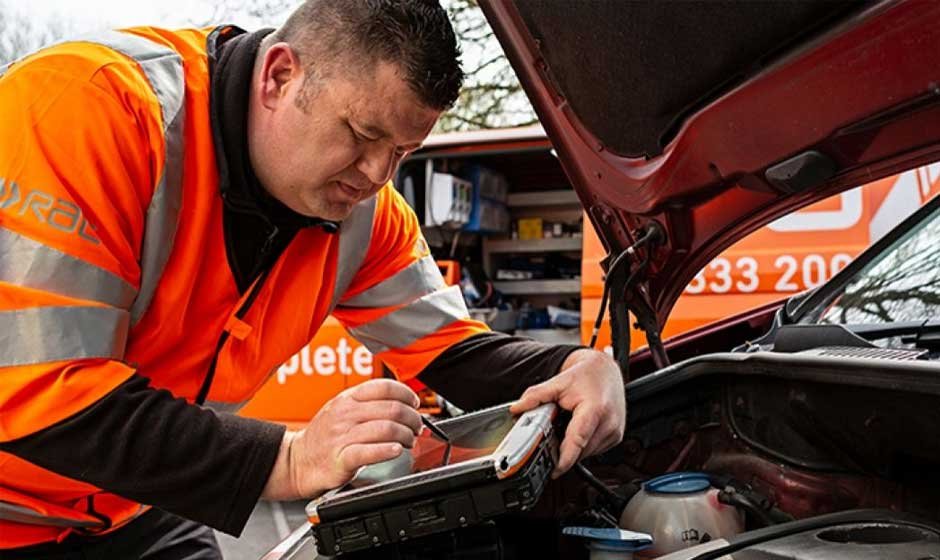There comes a moment in every car owner’s life when they turn the key in the ignition, and instead of the comforting roar of the engine, they’re greeted by a feeble click or utter silence. It’s a heart-sinking feeling, signaling that your car battery might be on its last leg. But should you jump-start and revive it, or is it time to replace it entirely?
Understanding When to Revive Your Car Battery
Your car battery is the silent sentinel of your vehicle, always ready to spring into action and breathe life into your engine. Yet, like all good things, it doesn’t last forever. Before deciding on a car battery replacement, it’s crucial to assess whether your current battery has a bit more life to give.
Imagine your motivation to start a new fitness regime. Initially, every day is a challenge, but with persistence, the routine becomes part of your life. Similarly, sometimes, your car battery just needs a little motivation in the form of a jump-start or a terminal cleaning to get back on track. Performing a voltage test can be a great way to check its condition. If it reads 12.4 volts or higher, your battery still has the spark of life and might just need a charge.
Revitalizing a Canary in a Coal Mine
Historically, miners would carry a canary with them as an early warning system for toxic gases. The bird’s sensitivity to harmful environments would provide a crucial signal to miners when to exit the tunnels. Like the canary, your car battery also sends signals when it’s in distress, such as slow engine crank or dimming headlights. These warnings shouldn’t be ignored. Addressing these issues promptly can prevent you from being stranded and extend the battery’s lifespan.
Choosing Car Battery Replacement
Sometimes, no amount of charging or care can restore a battery’s health, and a replacement becomes necessary. This decision is akin to learning a new, brevilingual – a term for someone who speaks briefly or uses few words. Just as a brevilingual communicates efficiently, a new battery can rejuvenate your car’s performance succinctly and effectively, without the ongoing worries of breakdowns.
When shopping for a new battery, consider factors like warranty, power rating (measured in Cold Cranking Amps or CCA), and battery type (such as lead-acid or lithium-ion). These elements ensure that you get the best match for your vehicle’s needs, ensuring reliability and peace of mind.
Maintaining Your Car Battery
Whether you’ve revived your old battery or installed a new one, maintenance is key to prolonging its life. Regular check-ups, keeping the terminals clean, and ensuring the battery is securely mounted can ward off potential troubles. Also, avoid exposing your car to extreme temperatures as much as possible, as both heat and cold can drastically affect your battery’s performance.
Simple steps like turning off lights and unplugging accessories when your car is off can also preserve battery life. Remember, a little care goes a long way in extending the life of your car battery.
When to Consult a Professional
If you’re unsure about the condition of your battery or how to properly maintain it, seeking professional advice is always a wise choice. Technicians can perform a comprehensive check and give you a clear picture of your battery’s health and whether a car battery replacement is necessary.
You might find that investing in professional guidance saves you time and money in the long run, ensuring that your car remains reliable when you need it most.
In summary, deciding whether to revive or replace your car-battery involves understanding its current state, recognizing the signs of battery failure, and knowing the benefits of a new battery. Like the careful attention to the canary in the mine, paying close attention to your car battery’s needs can ensure that it continues to perform reliably and efficiently. So next time you face a battery dilemma, remember these tips and choose wisely. Your car, and your peace of mind, depend on it.










